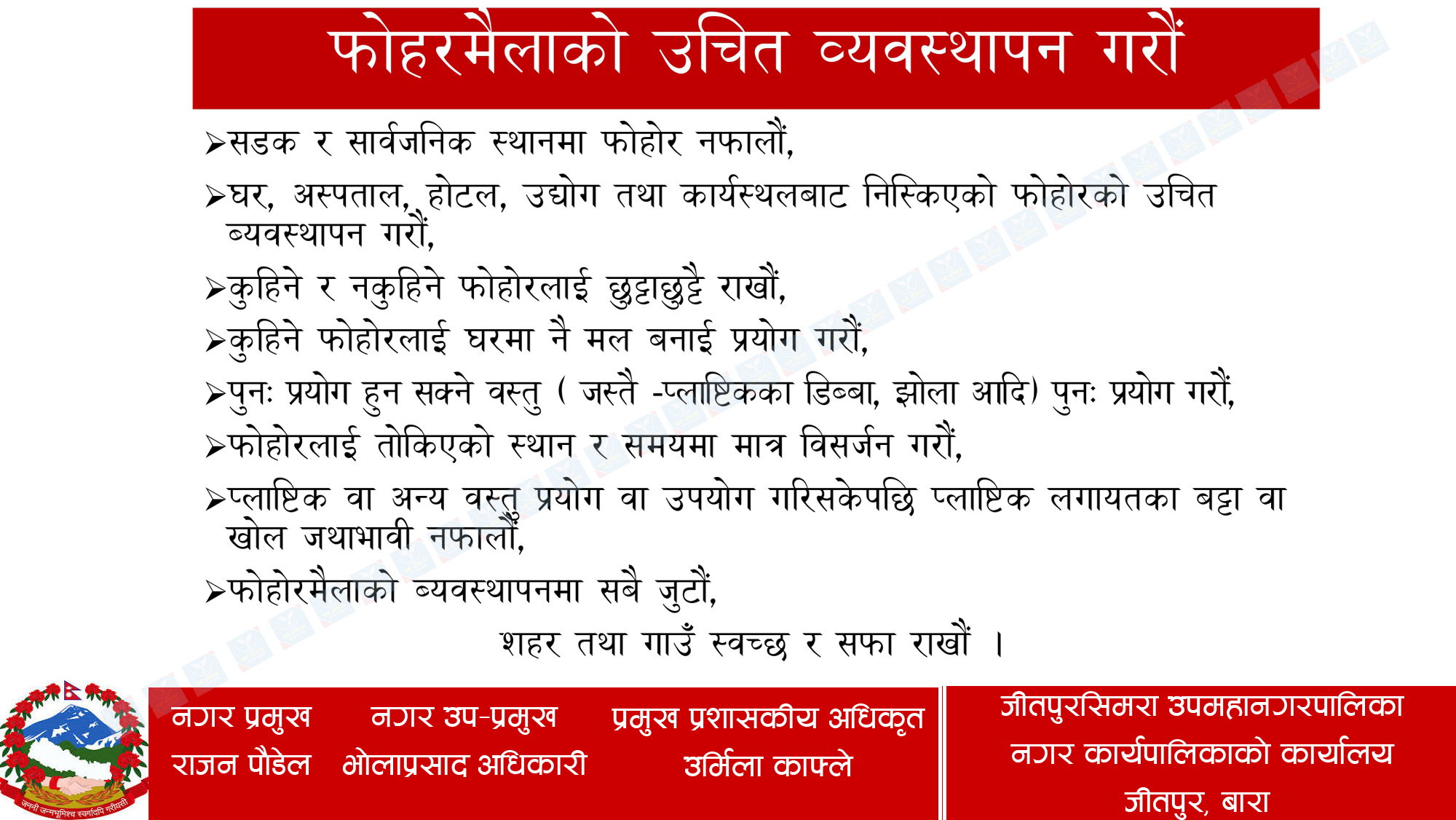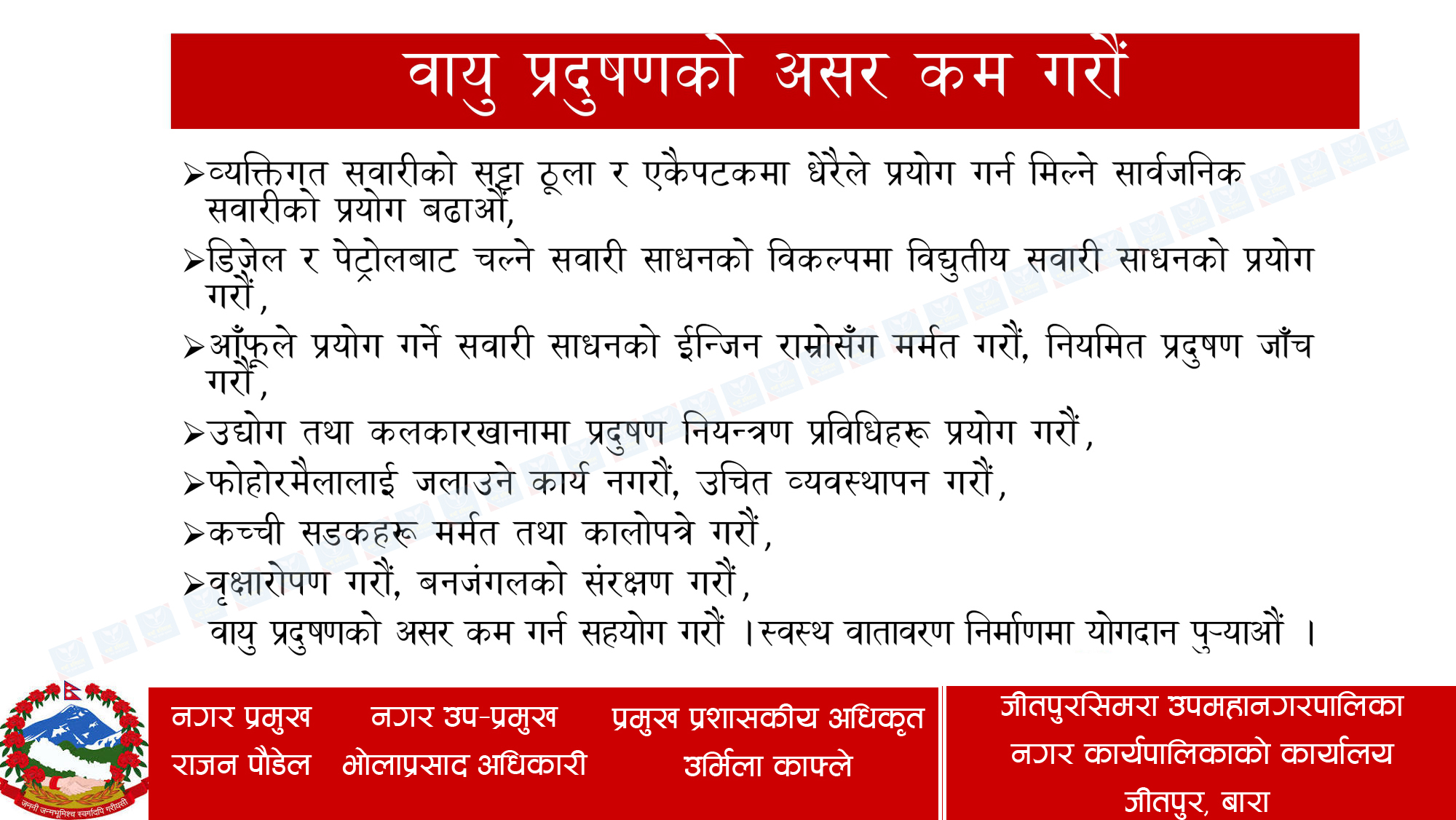Government Plans to Increase Budget by NPR 100 Billion for the Upcoming Year
The government is preparing to introduce a budget for the
upcoming year that is at least NPR 100 billion more than the current fiscal
year's budget. Officials have indicated that this increase will involve
expanding certain revenue sectors and seeking new economic resources.
According to officials actively participating in budget
discussions, the government may introduce new tax areas in the next year's
budget. Last month, a high-level committee on tax system reform also
recommended that the government include sectors not taxed under
the current system.
Finance Minister Yubaraj Khatiwada seems inclined to
implement some of these suggestions. The government is planning to include
programs that meet the goals of Nepal's Sixteenth Periodic Plan and increase
development expenditure, officials stated.
However, economists criticize the government's focus on
increasing the budget size rather than addressing declining internal
indicators. They advise creating a streamlined and executable budget.
Prime Minister's
Budget Ambition
The Budget Resource Management Committee, led by the
Vice-Chairman of the National Planning Commission, suggested a ceiling of NPR
1.8 trillion for the next fiscal year's budget. However, Prime Minister Pushpa
Kamal Dahal has stated in recent budget discussions that the budget should be
at least NPR 1.9 trillion. He has directed Finance Minister Khatiwada, Chief
Secretary Baikuntha Aryal, and National Planning Commission Vice-Chairman Min
Bahadur Shrestha to prepare accordingly.
In a parliamentary meeting last week, Prime Minister Dahal
reiterated this goal, indicating an intention to increase the budget ceiling by
approximately NPR 200 billion compared to the current fiscal year. Last year's
budget was NPR 1.75 trillion, which means this year’s budget could be around
NPR 1.95 trillion if the Prime Minister's plans are realized.
However, National Planning Commission spokesperson Yamlal
Bhusal clarified that the committee's ceiling of NPR 1.8 trillion has yet to be changed, and work is proceeding based on that limit.
Budget Challenges
and Economic Concerns
Last year, the government reduced its budget allocation by
NPR 220 billion mid-year due to lower-than-expected revenue collection and
decreased foreign aid, along with increased internal and external debt.
Economists warn that presenting a larger budget without addressing these issues
could strain financial resources.
Prime Minister Dahal has hinted at increasing domestic
borrowing to cover the budget shortfall. However, the National Natural
Resources and Fiscal Commission has advised against this, suggesting that only
5% of the Gross Domestic Product should come from such loans, with an
additional 0.05% for national pride and priority projects.
Expanding the Tax Base
To meet the higher budget targets, the government plans to
expand its tax base to include sectors not currently taxed. Finance Minister
Khatiwada has indicated that future tax rates will be more rational and
transparent, based on the recommendations of the Revenue Advisory Committee and
stakeholder suggestions.
A high-level committee's recent report, yet to be made
public, suggests including sectors like the "green economy" and the
"digital economy" under the tax umbrella.
Finalizing the Budget
With the tradition of presenting the budget on May 28, the
Ministry of Finance is in the final stages of preparation. The budget will be
presented after the policy and program are laid out in a joint session of
Parliament, where President Ram Chandra Poudel will deliver the policy speech.
Economists’ Perspective
Resham Bahadur Thapa, Associate Professor at Tribhuvan
University's Central Department of Economics, warns against focusing solely on
the budget size. He argues that given Nepal's current economic condition and
weakened investor confidence, a budget similar to the previous year would be
more appropriate.
Thapa emphasized that a larger budget does not necessarily
translate to economic improvement, particularly when development spending
remains unutilized.
In summary, while the government is planning an ambitious
budget increase, it faces challenges in resource mobilization and efficient
implementation. Economists recommend a more practical approach, emphasizing
efficiency over sheer size.

.jpg)









